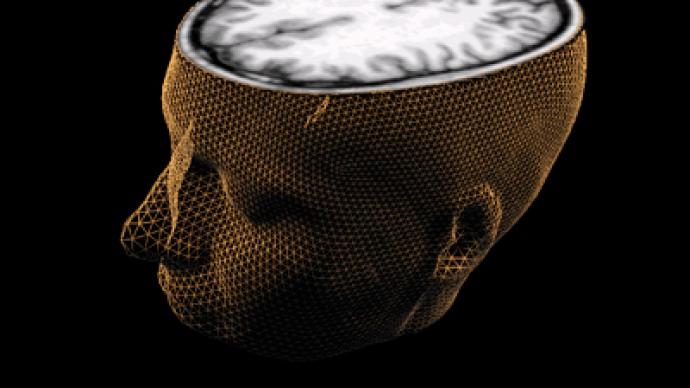Can a brain scan reveal how smart you are?

A question has plagued scientists for years: When it comes to intelligence, what distinguishes the brains of exceptionally smart humans from the rest? New research reveals that a brain scan could offer an answer.
The brain’s mass and the size of its prefrontal cortex – a region just behind the forehead – have long been believed to play a role in intelligence. New research published in the St. Louis-based Washington University Journal of Neuroscience suggests that up to ten percent of individual differences in intelligence lie in the strength of neural pathways between the brain and the left prefrontal cortex – the region linked to personality and cognitive behaviors. In other words, the better and more efficient the neural pathways are, the more intelligent the person is. It is a new approach for understanding human intelligence, dubbed "global brain connectivity." This marks the first example of solid evidence that neural connections between the left prefrontal cortex and the rest of the brain are a powerful contributing factor to human intelligence, said the study’s lead author Michael W. Cole, PhD, a postdoctoral research fellow in cognitive neuroscience at Washington University.“There is evidence that the left prefrontal cortex is the brain region that ‘remembers’ (maintains) the goals and instructions that help you keep doing what is needed when you’re working on a task,” Cole said. “So it makes sense that having this region communicating effectively with other regions (the ‘perceivers’ and ‘doers’ of the brain) would help you to accomplish tasks intelligently.”According to the study, while other regions of the brain make their own contributions to cognitive processing, the left prefrontal cortex helps brain coordinate these processes and maintain focus.“We’re suggesting that the left prefrontal cortex functions like a feedback control system that is used often in engineering, that it helps implement cognitive control (which supports fluid intelligence), and that it doesn’t do this alone,” Cole said.The findings are based on an analysis of magnetic resonance image brain scans of study participants resting passively, and also of when they were engaged in a sequence of mentally challenging tasks associated with fluid intelligence, such as indicating whether an image being displayed in a sequence was the same as one previously displayed.Results indicated that levels of global brain connectivity in an area of the left lateral prefrontal cortex serve as a strong predictor of both fluid intelligence and cognitive control abilities.The researchers suggested their findings could offer new ways to understand how breakdowns in global brain connectivity contribute to the cognitive control deficits seen in mental illnesses like schizophrenia.














